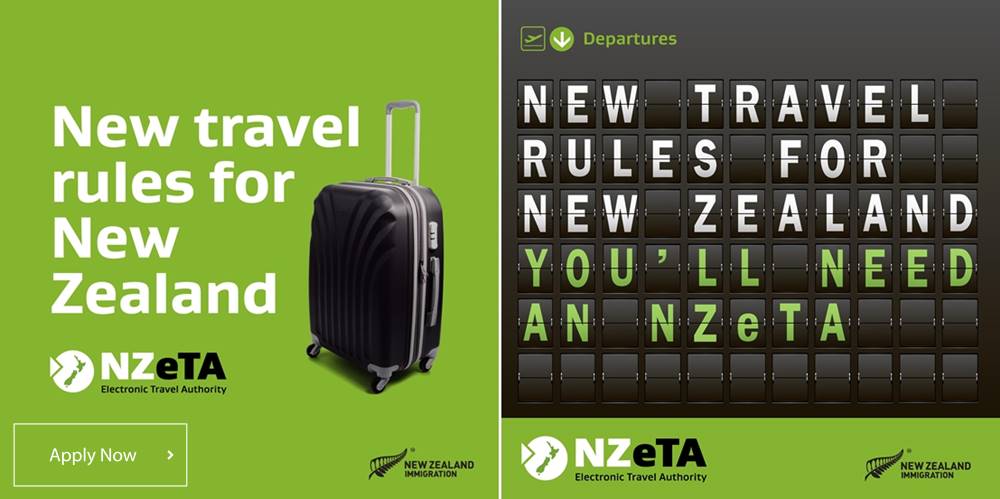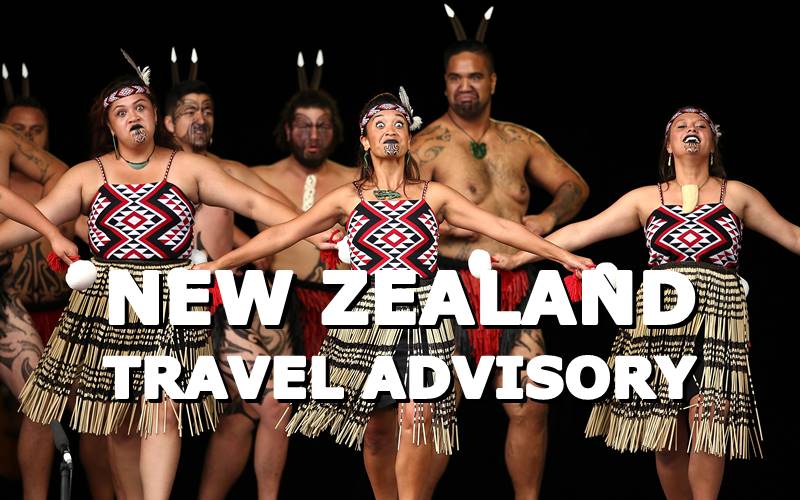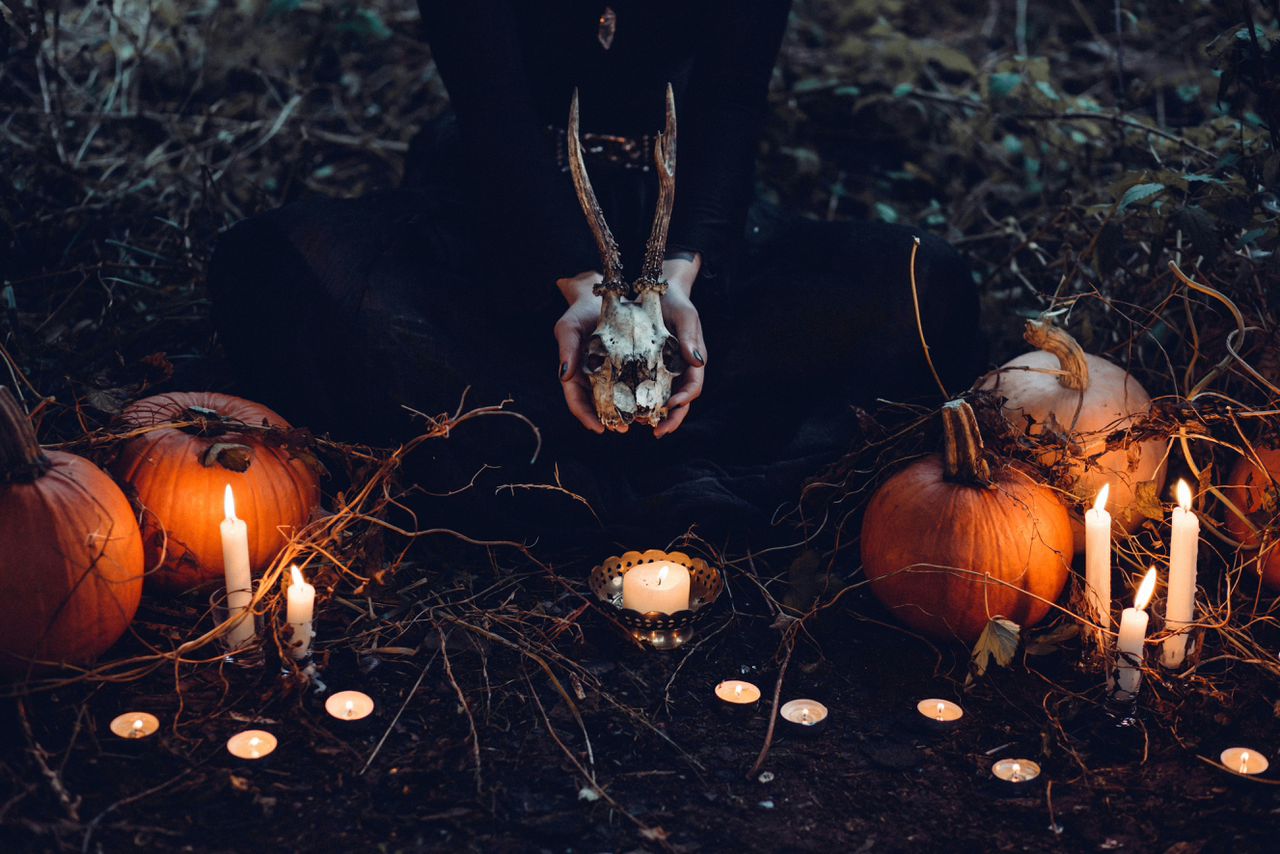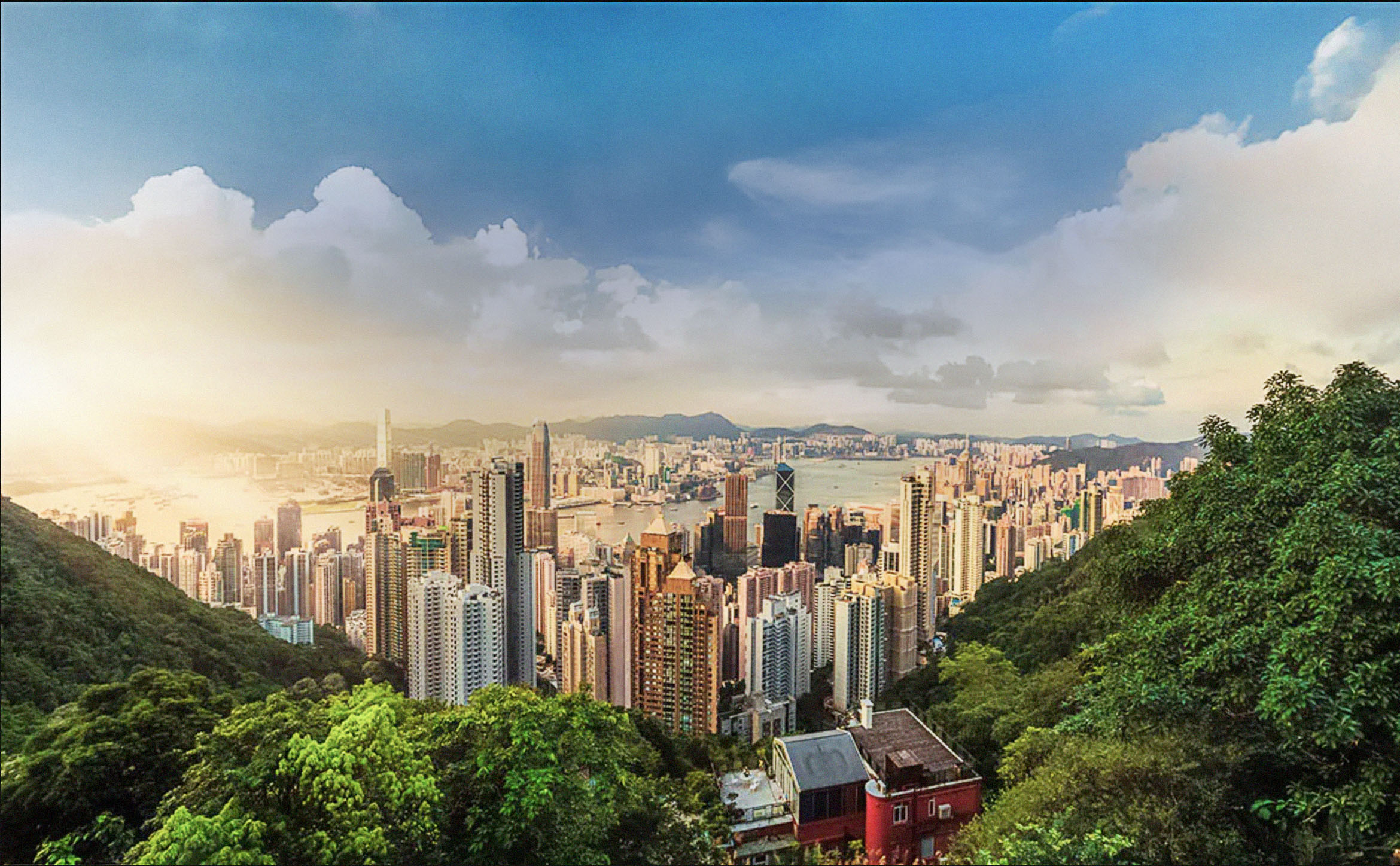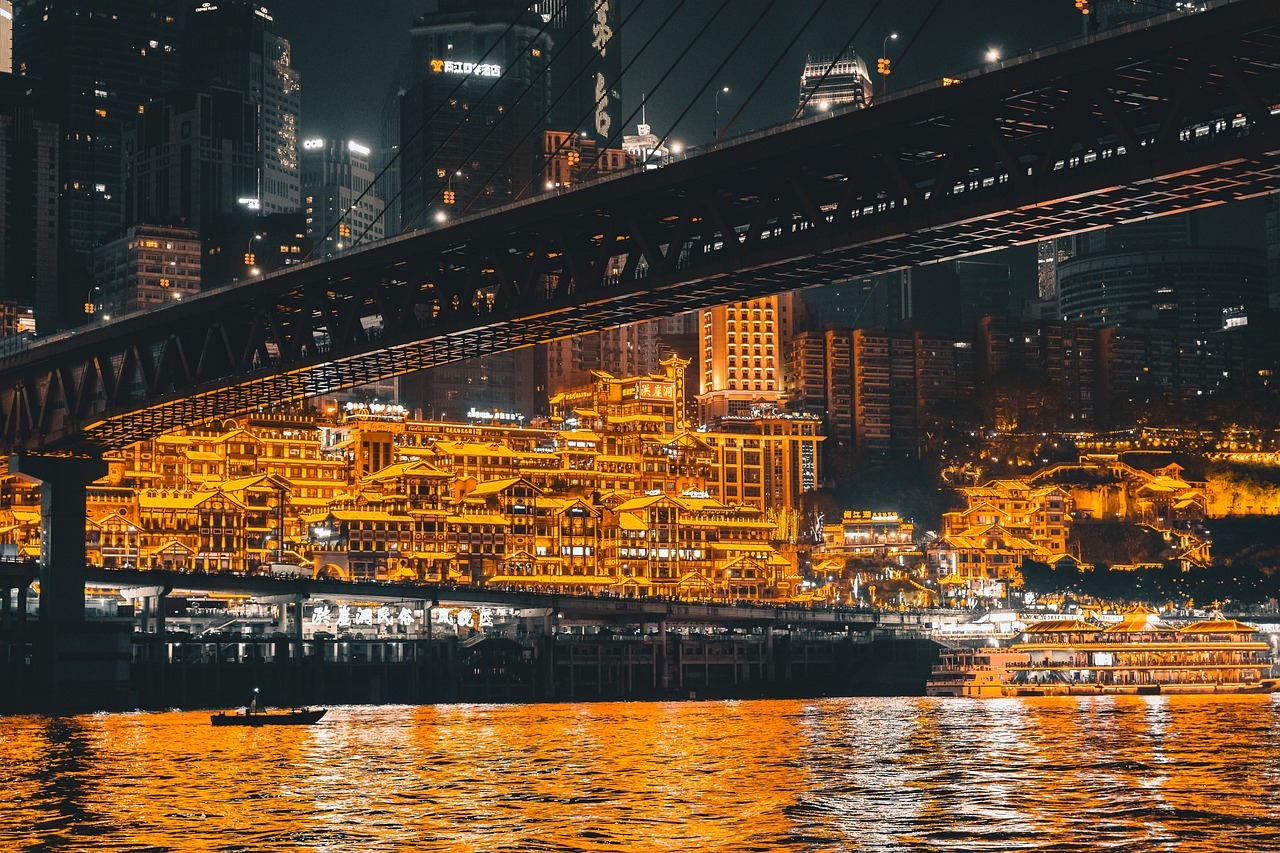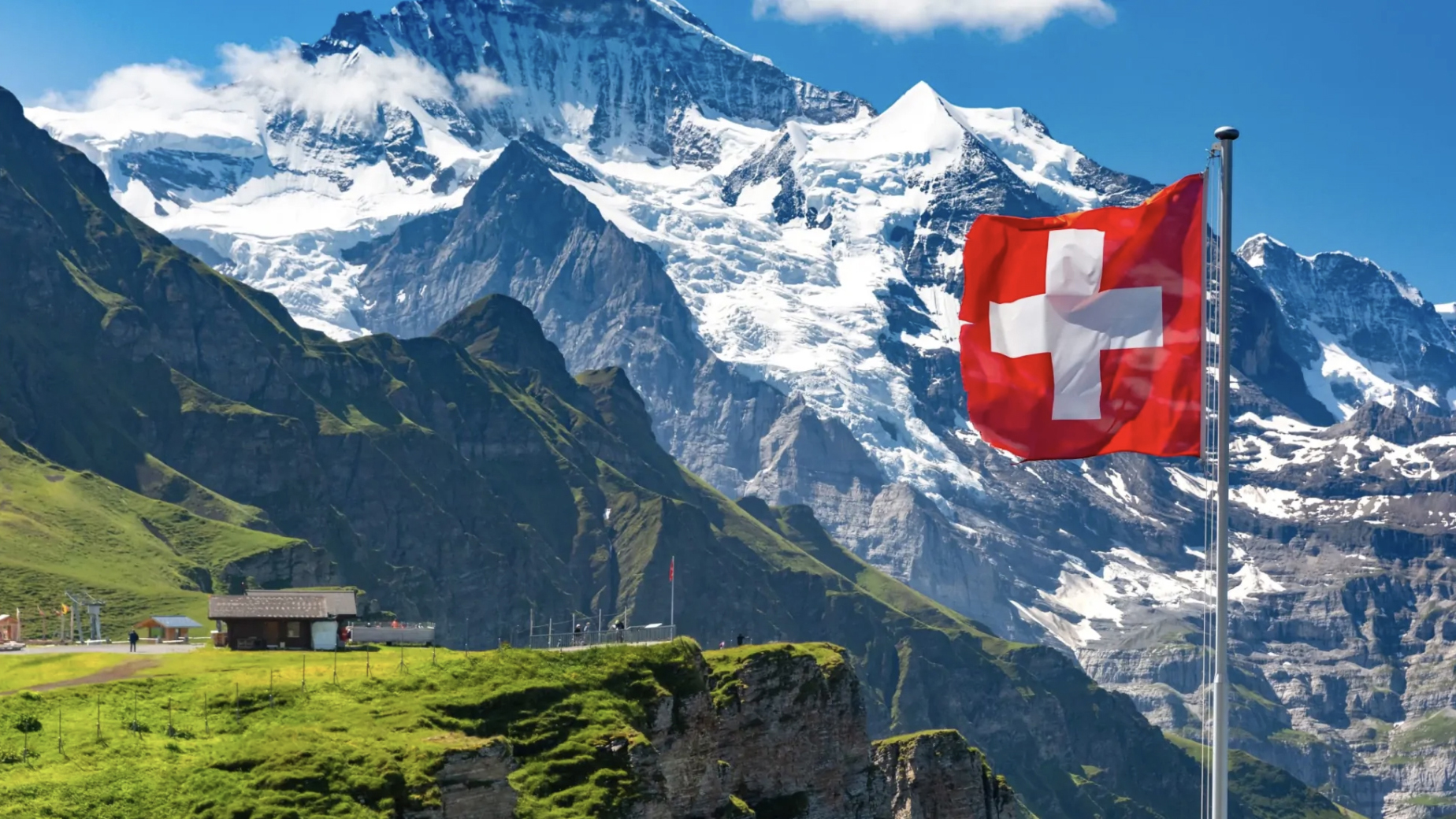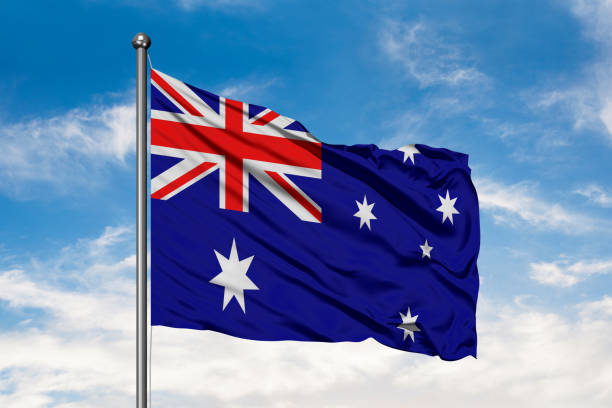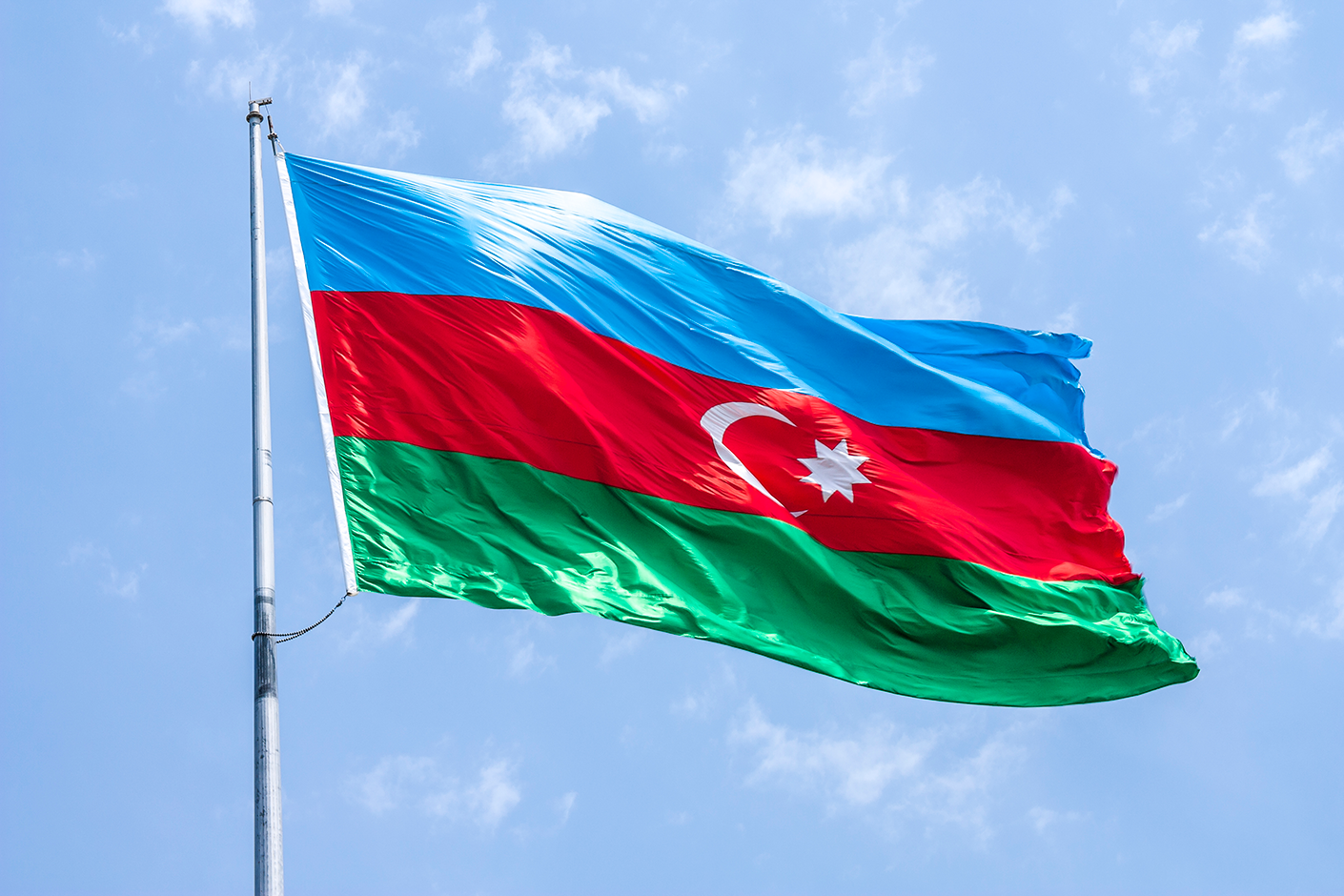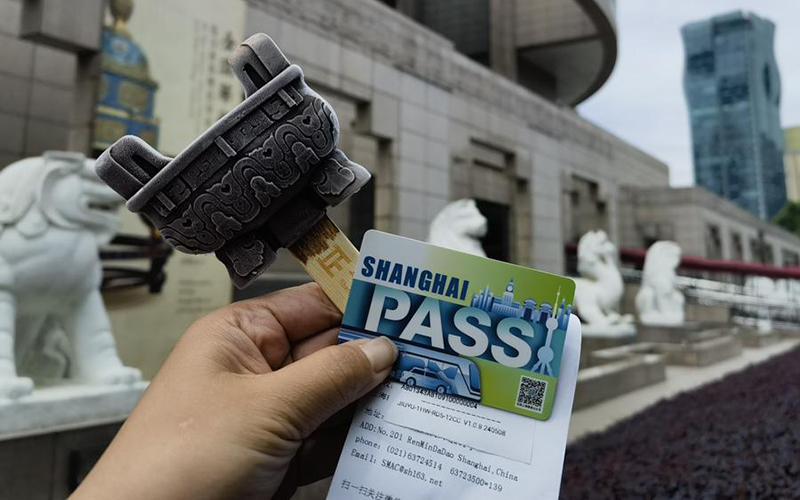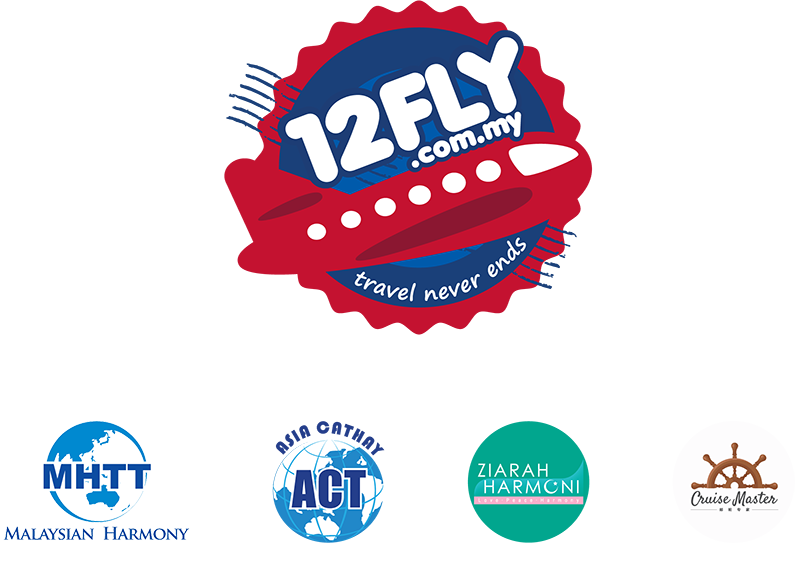【NEW ZEALAND】EVERYONE TRAVELLING TO NZ FROM OVERSEAS TO SELF-ISOLATE
UPDATED: March 16, 2020
??????New border measures are in place as of Monday 16 March 2020. Most travelers arriving in New Zealand are now required to self-isolate for 14 days. ??????
The New Zealand Government announced: ??????
• Effective from midnight Sunday (16 March 2020), all travellers, except for those coming from the Pacific islands, will have to self-isolate for 14 days on their arrival to New Zealand
• New Zealand Prime Minister - Jacinda Ardern says the rules are the toughest in the world
• She told New Zealanders not to travel overseas if they don't have to and issued stark advice: no hugs, hongi or handshakes
• All cruise ships have been banned to New Zealand until June 30
• There will also be further announcements on mass gatherings
New Zealand Prime Minister- Jacinda Ardern announced unprecedented quarantine measures at a press conference on Saturday afternoon.
COVID-19 (novel coronavirus) - Advice for travellers
Information for people travelling or recently entering New Zealand. Updated 15 March 2020.
People coming into New Zealand should check our information for travellers arriving to New Zealand as all travellers except those listed on the countries and areas of concern under Category 2, will be required to self-isolate. If you arrive in New Zealand before 23:59 pm on Sunday 15 March from any country (except Italy or South Korea) you do not need to self-isolate. If you arrive after 1:00 am on Monday 16 March from any country except those listed on the countries and areas of concern under Category 2 you will need to self-isolate for 14 days.
WHO does not recommend any specific health measures for travellers but is continuing to review the situation.
WHO advises people follow the basic principles to reduce the general risk of acute respiratory infection. These are:
- avoid close contact with people suffering acute respiratory infections
- wash hands frequently, especially after contact with ill people or their environment
- avoid close contact with sick farm animals or wild animals
- people with symptoms of acute respiratory infection should practice cough etiquette:
- maintain distance
- cover coughs and sneezes with disposable tissues or clothing
- wash hands.
As always, travellers who become sick within a month of their arrival are encouraged to seek medical advice and phone Healthline (for free) on 0800 358 5453 or a doctor. It is important to mention recent travel history, and any known contact with someone with a confirmed case of COVID-19.
For New Zealanders currently overseas
The Ministry of Foreign Affairs and Trade urge all New Zealanders living in, visiting or travelling overseas to register on SafeTravel. Registering means you will receive updated information and advice as soon as it comes to hand.
Travellers recently returned from mainland China or Iran
The Government has announced temporary restrictions on travellers arriving in New Zealand from mainland China or Iran as a precautionary measure to protect against the spread of COVID-19.
The restrictions prevent foreign nationals travelling from or transiting through mainland China or Iran from entering New Zealand. These measures will be in place until Tuesday 10 March 2020 at this stage. This position will be reviewed every 48 hours.
People who are exempt from the temporary restrictions are:
- New Zealand citizens (including those from the three Countries of the Realm: Tokelau, Niue and the Cook Islands), permanent residents and their immediate family
- Australian citizens and permanent residents whose primary place of established residence is New Zealand
- Air crews who have been using appropriate personal protective equipment (PPE).
People exempt from the temporary restrictions should self-isolate for 14 days after their return if they have been in mainland China or Iran, or exposed to a confirmed case of COVID-19.
Self-isolation means you should avoid situations that could facilitate the transmission of the virus such as social gatherings and events where you come into contact with others; in particular child care/pre-school centres, primary and secondary schools (including staff and students), aged care, health care facilities, prisons, public gatherings.
Travelers recently returned from other countries
People who have been in any country except those listed in Category 2 (excluding airport transit) should self-isolate for 14 days after their return.
Self-isolation means you should avoid situations that could facilitate the transmission of the virus such as social gatherings and events where you come into contact with others; in particular child care/pre-school centres, primary and secondary schools (including staff and students), aged care, health care facilities, prisons, public gatherings.
People who have had close contact with a confirmed case of COVID-19
If you have been in close contact with a person who has a confirmed case of COVID-19 you should self-isolate for 14 days. If you develop symptoms including fever, coughing and difficulty breathing you should call Healthline (for free) on 0800 358 5453 or +64 9 358 5453 for international SIMS or your doctor.
This means you should avoid situations that could facilitate the transmission of the virus such as social gatherings and events where you come into contact with others in particular, child care/pre-school centres, primary and secondary schools (including staff and students), aged care, health care facilities, prisons, public gatherings.
Health advice
Health advice cards in both traditional and simplified Chinese are available at international points of entry. These cards provide general advice on symptoms of concern and advise ill travellers to call Healthline (for free) on 0800 611 116 and mention their travel history. Healthline has been informed and will continue to triage any symptomatic callers.
With the support of New Zealand Customs, banners have been developed for points of entry in traditional and simplified Chinese to draw attention to the health advice cards.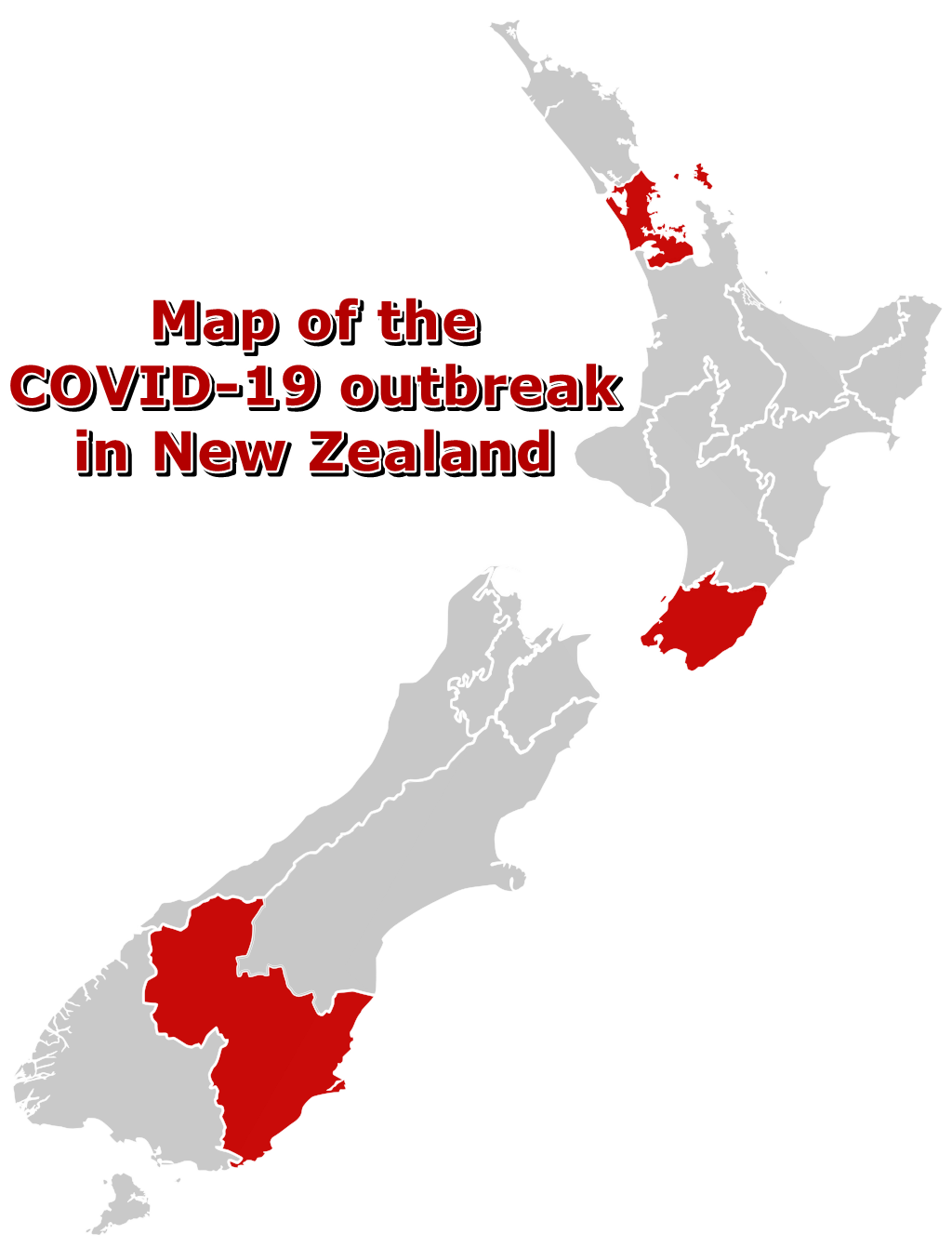
On 15 March, two more cases were confirmed, bringing the total number of infected in New Zealand to EIGHT confirmed cases. The seventh case was a man who travelled from Australia to Wellington. The eighth case was of a woman who was a visitor from Denmark arriving in Auckland via Doha and then Christchurch, before driving on towards Queenstown, where she became ill and was hospitalised.
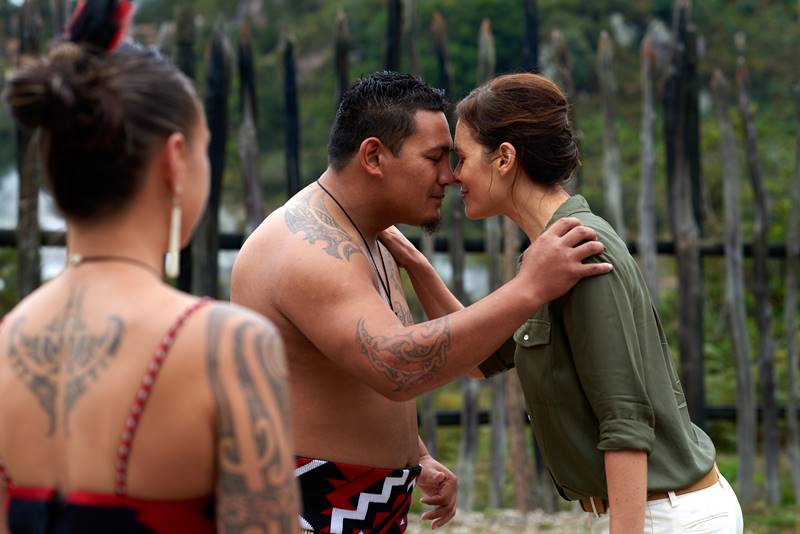 A Wellington iwi (the largest social units in Aotearoa (New Zealand) Māori society) has placed a taupāruru (restriction) on the practice of hongi, a traditional Māori greeting, in response to the outbreak.
A Wellington iwi (the largest social units in Aotearoa (New Zealand) Māori society) has placed a taupāruru (restriction) on the practice of hongi, a traditional Māori greeting, in response to the outbreak.
A temporary ban would be placed on hongi between members at gatherings this week. A hongi is a traditional form of greeting in which two people press their noses to each other and inhale one another’s breath.
 Following the implementation of stronger border controls, SANZAAR (South Africa, New Zealand, Australia and Argentina Rugby; previously known as SANZAR) announced on 14 March 2020 that it would suspend play of its Super Rugby season (which features five New Zealand teams) following the conclusion of the weekend's matches.
Following the implementation of stronger border controls, SANZAAR (South Africa, New Zealand, Australia and Argentina Rugby; previously known as SANZAR) announced on 14 March 2020 that it would suspend play of its Super Rugby season (which features five New Zealand teams) following the conclusion of the weekend's matches.
Source: Ministry of Health New Zealand, New Zealand Herald and ABC News Australia
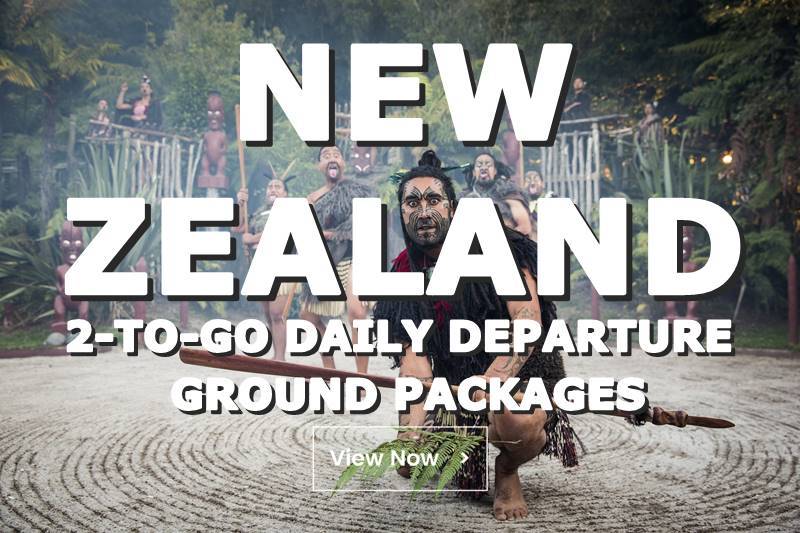 ?????? New Zealand comes with a reputation as a unique land packed with magnificent, raw scenery: craggy coastlines, sweeping beaches, primeval forests, snowcapped glacier-fed lakes and unparalleled wildlife, all beneath a brilliant blue sky.
?????? New Zealand comes with a reputation as a unique land packed with magnificent, raw scenery: craggy coastlines, sweeping beaches, primeval forests, snowcapped glacier-fed lakes and unparalleled wildlife, all beneath a brilliant blue sky.
New Zealand's 29 regions stretch more than 1,600 kilometres across two main islands, is a small country, similar in size to Great Britain or Japan. With a population of only four million people it’s also gloriously uncrowded. Each destination is distinctive in character, and with the country being so compact, you can easily visit several on your holiday.
Capital Wellington, on the North Island, is home to Te Papa Tongarewa, the expansive national museum. Wellington’s dramatic Mt. Victoria, along with the South Island’s Fiordland and Southern Lakes, stood in for mythical Middle Earth in Peter Jackson’s "Lord of the Rings" films. Across Cook Strait, the South Island's crags and fiords – including Milford Sound with its 1,200m vertical sides – invite skiing, bungee jumping and trekking. Rotorua is known for its natural hot springs and geysers, and its Māori Arts and Crafts Institute of Te Puia chronicles the history and culture of the indigenous Maori people. Marlborough's vineyards produce distinctive Sauvignon Blancs and Pinot Noirs. Auckland, known for sailing, is nicknamed the "City of Sails." The nation’s rugby union team, the All Blacks, traditionally dominate world rugby.
?????? Find a selection of New Zealand trips now and check out 10 inspiring tips for Must-Do-Activities in New Zealand ????
- Ride the Tram of Christchurch
- Breath the fresh air of Aoraki
- Visit Larnach Castle at Dunedin
- Go Wilderness of Fiorland
- Sip New Zealand’s finest wines
- Soak Up with Christchurch Street Art
- Adventure Game in Queenstown
- Meet the Wine-makers
- Walk & Kayak the Abel Tasman Coastal
- Visit Home of Middle-Earth
???? Explore another Top 1⃣9⃣ Must-Do-Activities in New Zealand here. Book your Kiwi trip with 12FLY Gold-Kiwi Specialists now!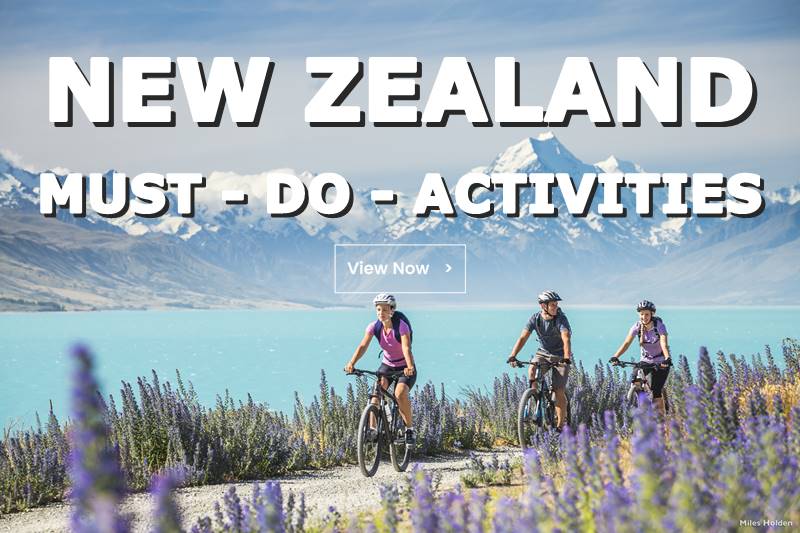
*Please apply New Zealand Electronic Travel Authority (NZeTA) from here